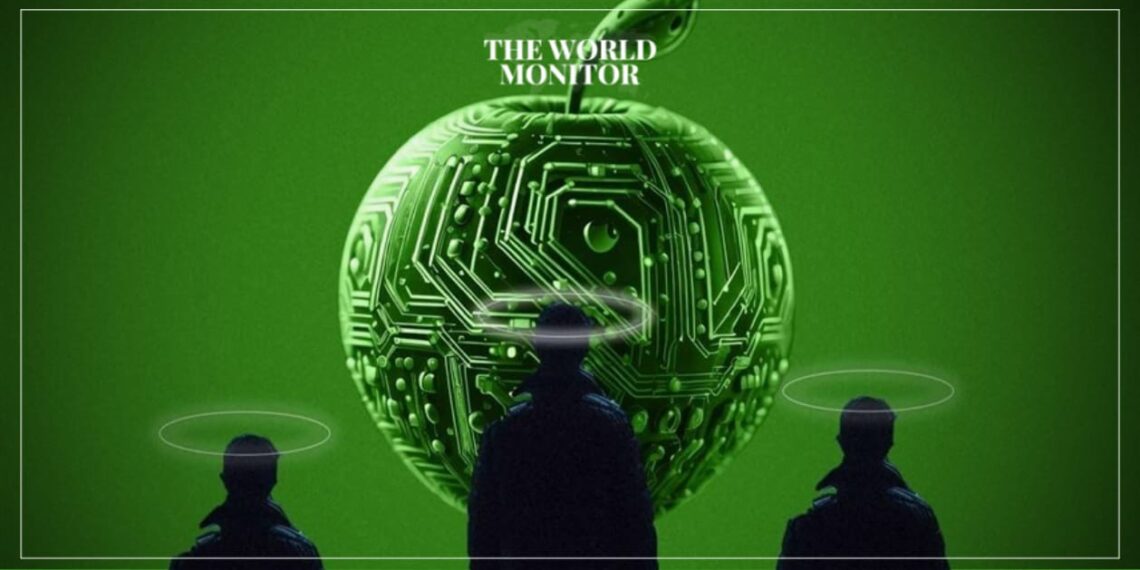Fumio Kishida, Prime Minister of Japan, is set to announce regulatory strategies for creators of generative artificial intelligence (AI), as per a report by the Yomiuri Shimbun newspaper.
The anticipated regulations, which could be proposed at an online G7 summit as soon as this autumn, are aimed at battling misinformation, by enabling the public to differentiate between AI-generated images and information and those that are not.
During his speech in Kyoto on Monday, Kishida is expected to stress the importance of balanced governance and caution about generative AI’s potential to create intricate imagery and information, which may mislead the public and pose threats to economies.
Originating from the Hiroshima AI Process, the proposal for a global AI conduct code is a Japanese-led initiative as the G7 chair, intended to navigate the regulation of AI.
It aligns with concerns voiced in a recent G7 digital ministers’ meeting, where ministers accentuated the necessity for ‘risk-based’ AI regulation and preserving an environment conducive to AI development, all while safeguarding democratic values.
The governance of AI has become a pressing issue amid the rising use of generative AI tools, sparking debates over transparency, intellectual property rights, and misinformation.
For example, Italy has recently probed possible violations of personal data regulations involving OpenAI’s ChatGPT, while the European Union is formulating its AI Act, which is set to comprise copyright protection provisions for generative AI.
Kishida’s speech is anticipated to underscore these risks and highlight the imperative for stringent regulatory actions. His draft speech implies the creation of technologies to authenticate information sources, potentially alluding to an Originator Profile concept.
Japan’s proposal for a global AI code of conduct could pave the way for other countries, with guidelines and conduct codes for advanced AI systems predicted to be formulated by the autumn G7 summit.
This action may sculpt the AI future, possibly facilitating a more ethical and responsible use of AI technologies and emphasizing the significance of global cooperation in addressing AI-induced challenges.






